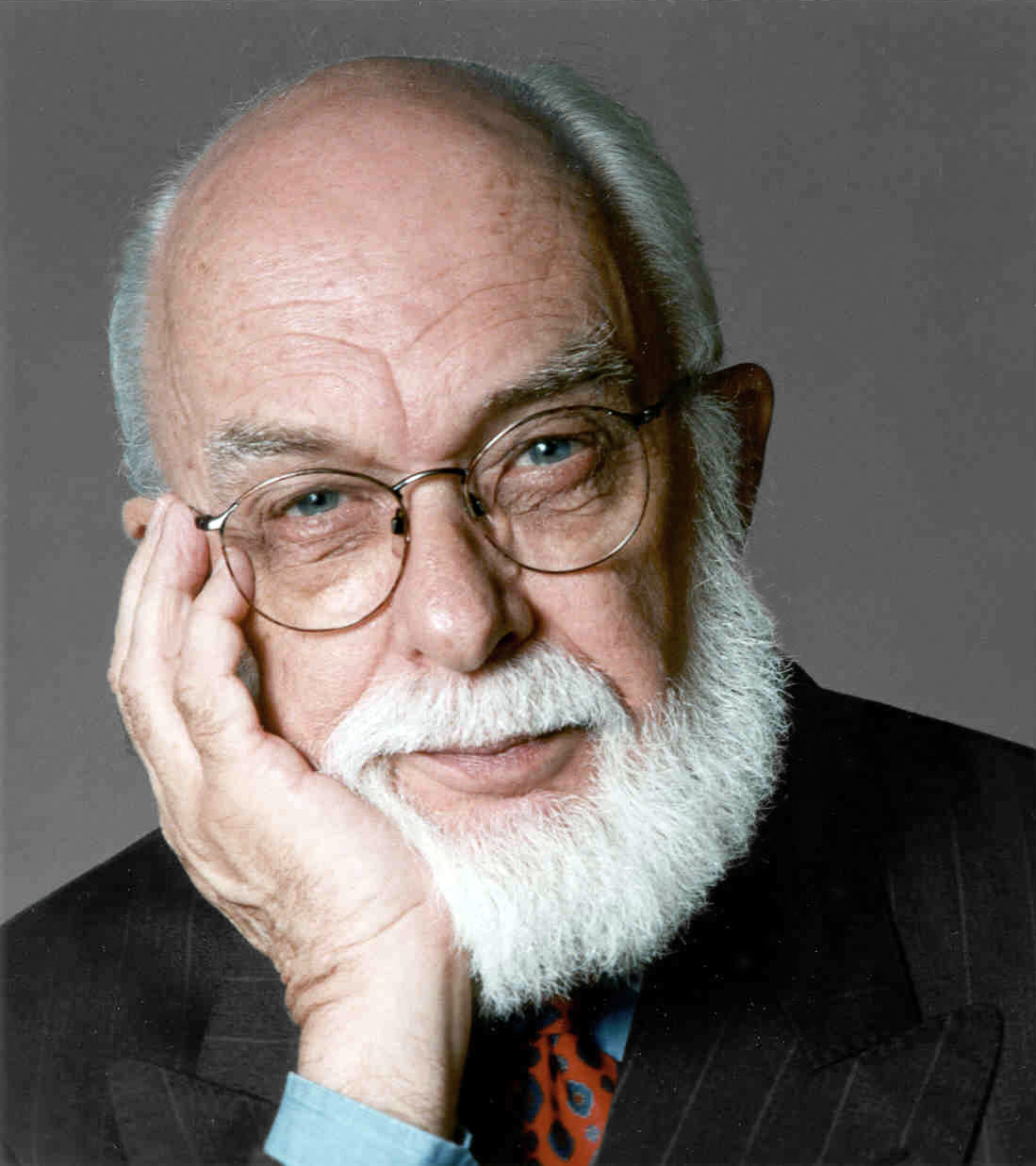Via Neil Gaiman on Twitter, comes the news that not only has Plato been revived from the dead, not only is he now writing for The Sun, but his fabled lost city of Atlantis has been found. Quite the news day. In typical Sun fashion, the article could hardly be more credulous; nothing is considered as alternative explanation for the find. But when the Telegraph article on the same subject follows suit, perhaps credulity is indeed the answer. Especially if Plato says it's true.
In typical Sun fashion, the article could hardly be more credulous; nothing is considered as alternative explanation for the find. But when the Telegraph article on the same subject follows suit, perhaps credulity is indeed the answer. Especially if Plato says it's true.
Here are but a few reasons to be sceptical (other than the very good reason of simply having this as a default position): the reported "city" is the size of Wales. Does anyone else think that maybe that's just a little on the large side, even for a fabled city of legend? There isn't the kind of detail you'd expect to see in the outline if this was indeed a city the size of a relatively small country. There are only ten or so "streets" in either plane, and no less distinct, narrower lines in between to indicate smaller streets or buildings of any normal size. Secondly, Atlantis is generally accepted in scholoarly circles as being nothing more than a narrative, heuristic device by Plato to illustrate his points and tell a story. In this way it can be seen as any product of imagination as opposed to history: nothing of the Atlantis myth (aside from the sheer scale, a classic exaggeration of such tales) cannot be traced to something historical with which Plato would have been familiar; wars were certainly no stranger to the Athens of his lifetime, and even a city lost to the sea overnight would have been a familiar concept.
Secondly, Atlantis is generally accepted in scholoarly circles as being nothing more than a narrative, heuristic device by Plato to illustrate his points and tell a story. In this way it can be seen as any product of imagination as opposed to history: nothing of the Atlantis myth (aside from the sheer scale, a classic exaggeration of such tales) cannot be traced to something historical with which Plato would have been familiar; wars were certainly no stranger to the Athens of his lifetime, and even a city lost to the sea overnight would have been a familiar concept.
Finally, we have the problem of all the other discoveries of Atlantis over the years; as recently as 2004, sites have been found and claimed to be the fabled lost city because of some feature or other that matches with Plato's rhetorical account. What makes this one more likely than the others?
Now, I don't know enough about oceanography or indeed Google Ocean to postulate convincingly on what this picture might show - the possibilities as far as I can think are some kind of geological formation, or perhaps an artifact of the mapping process. I'd welcome any suggestions, but will take some considerable convincing that what this picture shows is a city our only source of knowledge for which is the probably-rhetorical account of a philosopher well known for talking out of his arse.
----
UPDATE: The Daily Mail, of all things, has "dashed hopes" that Atlantis had been found. Guess what it was. Yup, an artifact of the mapping process.
"Details for the ocean maps on Google Earth come from sonar measurements of the sea floor recorded by boats - and the area around the Canaries was mapped by boats travelling in a series of straight lines."
Well that explains that, then. Is the magic gone, now that the truth is known? Only in a literal sense; the explanation of how this illusion happened is still very interesting. Or maybe that's just me.
Friday, 20 February 2009
What else could it be?
Posted by
Darkwinter
at
11:02
1 comments
![]()
![]()
Labels: history, myths, nuts, philosophy
Friday, 13 February 2009
Small Wonders #1: Evolution
My head is somewhat fuzzy with The Ill at the moment, so just a quick entry today in case coherence is in short supply.
What better way to inaugurate my "Small Wonders" series than with Darwin's Theory of Evolution, something so often taken for granted? It seems common sense to say that life as we know it has evolved from less complex forms, and yet look at it more closely and it is truly an absolute wonder that one man (ignoring, as most of the world sadly does, young Wallace) formulated, researched, developed and presented a theory with such staggering implications for virtually every field of study.
It seems so elegantly simple, and yet at the same time mind-numbingly complex. "Species change over time" is the pithy, easily-understood summary of literally a lifetime's work, and it has branches reaching off into innumerable other lifetimes' works. Genetics; medicine; zoology; biology; even ethics and philosophy were profoundly affected by the dawn of the Theory.
I greatly recommend finding out more about this subject; there should be no lack of freely-available information at this of all times. It is quite simply one of the most important scientific breakthroughs of all time, and one which can be appreciated at any level - from its simplest summary to the greatest levels of detail.
Posted by
Darkwinter
at
14:48
0
comments
![]()
![]()
Labels: ethics, evolution, philosophy, science
Tuesday, 3 February 2009
At Long Last...
It was announced in the later hours of yesterday that the 3rd and 4th of October 2009 would see a TAM in London. I am, to put it mildly, rather excited by this news. Those who know what TAM is have probably already heard this news; for those who don't, TAM stands for The Amaz!ng Meeting - an annual conference in Las Vegas sponsored by the James Randi Educational Foundation. It is a gathering of atheists, sceptics, scientists, secularists and freethinkers of all colours. There is also a healthy dose of wit and jocularity to be had, of course. We all know of the connection between intelligence and comedy...
Those who know what TAM is have probably already heard this news; for those who don't, TAM stands for The Amaz!ng Meeting - an annual conference in Las Vegas sponsored by the James Randi Educational Foundation. It is a gathering of atheists, sceptics, scientists, secularists and freethinkers of all colours. There is also a healthy dose of wit and jocularity to be had, of course. We all know of the connection between intelligence and comedy...
Not only is it guaranteed to be stuffed to the brim with absolutely fascinating keynote lectures, but it's also an opportunity to meet like-minded people in an environment where there is no need to disguise one's scepticism. It's a shame that the wider world is so often hostile to free debate, but TAM is an oasis of reason in the harsh desert of ignorance. Yes, I'm somewhat looking forward to it.
If you want to learn more, here's the (somewhat terse) news in the official press release; they're also on Twitter and FarceBook.
I hope to see you there!
Posted by
Darkwinter
at
20:01
1 comments
![]()
![]()
Labels: critical thinking, Randi, TAM
Monday, 2 February 2009
Ignorance and Obfuscation
 Half of Britons do not believe in evolution, survey finds.
Half of Britons do not believe in evolution, survey finds.
"More than one-fifth prefer creationism or intelligent design, while many others are confused about Darwin's theory."
Right from the start, we have a misleading headline which suggests (not explicitly, but leaves open for misinterpretation) that half of Britons are creationists. In fact it's less than one quarter.
The real story here is that, to my mind at least, the creationist campaign - particularly that of intelligent design - has succeeded in blurring the issue. While I don't know that more people believe in creationism, I think more people are under the impression that there is doubt where no serious rational doubt exists. I can't seem to bring the previous figures to hand, though - so if you know what they were, please let me know - particularly if I've got it wrong. I wouldn't be surprised if this poll returned the exact same results as last time, actually. It wasn't that long ago. Also, let's not go over the many ways this data could be skewed - I'd at least want to know what questions were asked before trying to draw any sensible conclusions.
I'm all in favour of having these issues out in the open where they can be discussed, but that's not what we're dealing with here. Creationists are campaigning to get their rubbish accepted to the same degree as evidence-based theories, and disguising it under the banner of freedom of speech and open debate. Scientists are not blameless, either - more needs to be done to promote the public understanding of science, which would hopefully prevent a quarter of people from simply being "confused" by evolution. Those who bear the overwhelming burden of responsibility here, though, are the media; while there is a great deal of good science on the BBC and elsewhere (Attenborough being the absolute pinnacle), there is too much dumbing-down, and ignoring of science stories in favour of sensationalism and big headlines.
There is no easy solution, nor one single person or group to blame. What I do know is that 50% is too high a proportion of the population to be in any serious doubt about the theory of evolution.
Posted by
Darkwinter
at
15:47
0
comments
![]()
![]()
Labels: critical thinking, ecology, evolution, irrationality, media, religion, science, society, statistics







